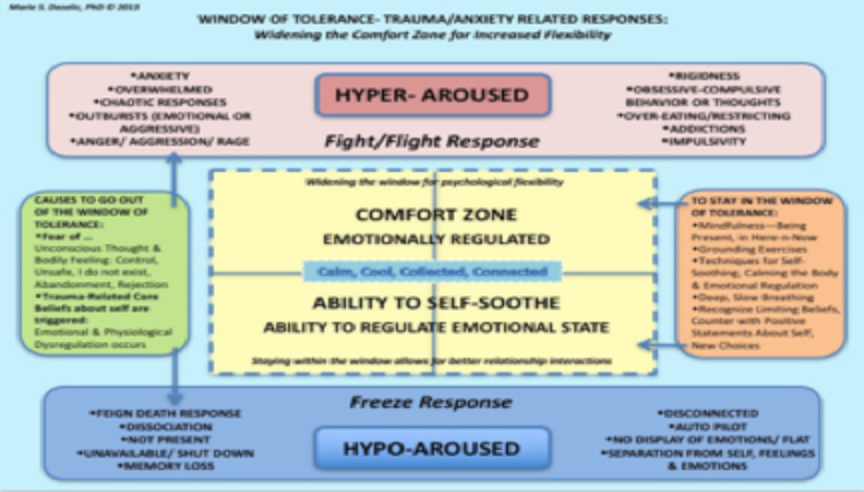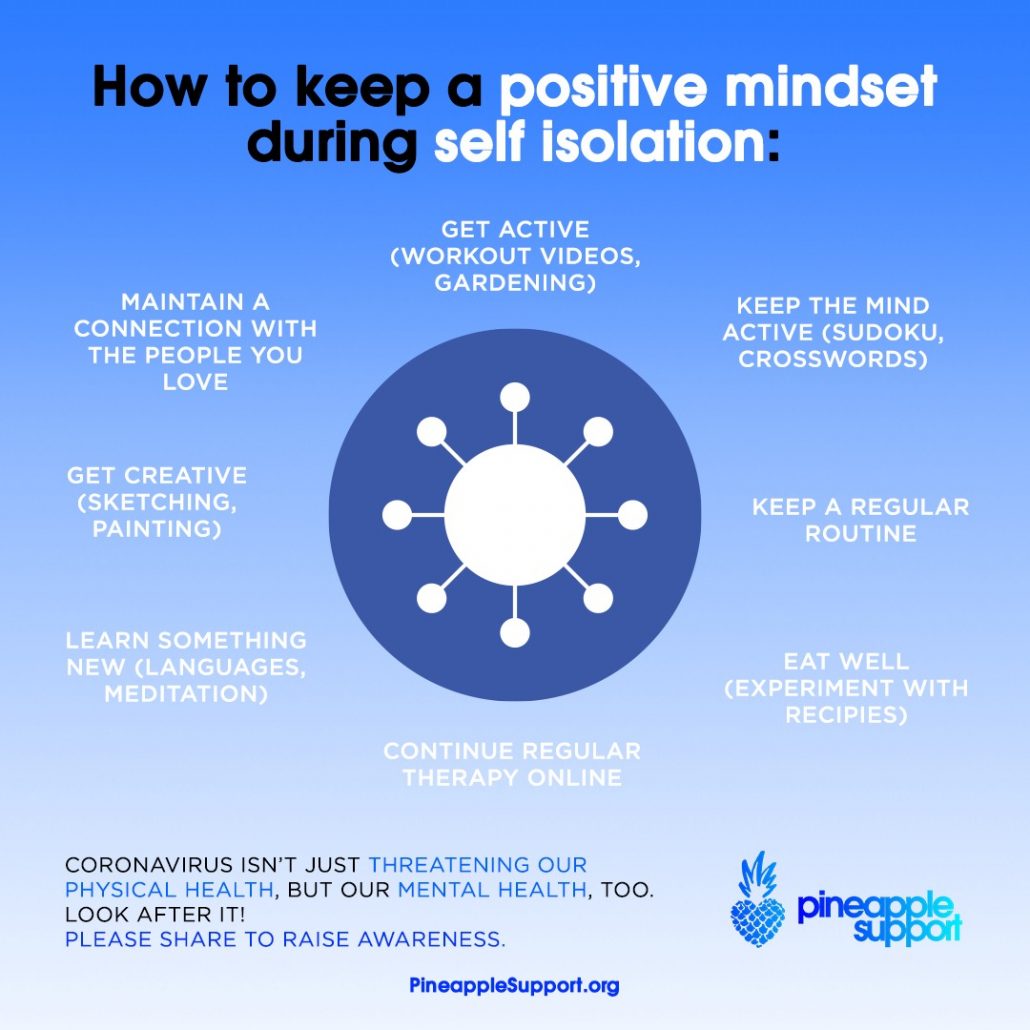Should you share your Life on Social Media?
Reaching out and providing support at anytime is important but even more so now.
Working from home has never felt so isolating and for most of us, admitting we are lonely and perhaps need help is one of the last things on our mind. For some unknown reason, that feeling of self-worth gets all screwed up in our head and finds its way out somewhat bitter and twisted. Sometimes we believe that everyone else should know how we are feeling, even though they don’t actually live inside our head!
Social media has a big part to play in todays world as we assume that once we have pressed ‘Enter’, all of our friends and all of the friends of those friends will see our post and come rushing to the rescue. The truth is that very few people actually see your latest ‘out-pouring’, and those that do find it hard to accept and respond to such an open form of counselling.
It is also increasingly difficult as you get older to accept help, we seem to revert back to those teenage years where we believed that nobody understood us and everyone was in fact out to make our lives difficult. Being independent is fine (up to a point) but at some time in our lives we all need a little bit of help, or a shoulder to cry on.
Knowing who you can trust and speak to about such personal matters is the first key to being able to cope with any kind of pressure. You shouldn’t wait until you need the help either. Find out who your real friends are by really thinking about your relationship with them.
You may share all the positive things in your life with a group of people or one person in particular and all the negative issues with another. You may even be the type of person who doesn’t ever share anything about their private life with friends ever.
Whichever group you belong to and especially if you are on your own, you do need support from time to time.
Pineapple Support have made it their mission to provide free support and therapy for all persons working in the online adult industry. It doesn’t matter about your gender, sexual orientation, ethnic origin, social status or age. They provide support 24/7 and their team of sex-worker friendly therapists offer face to face, or online therapy to anyone who needs it.
Their ever-growing team are always looking for ways to raise extra funds so that they can provide even more help for professional coaching, therapy and counselling for those who require help and support.
Do what you can to help this amazing cause.
Love to you ALL
Carla Sez x




